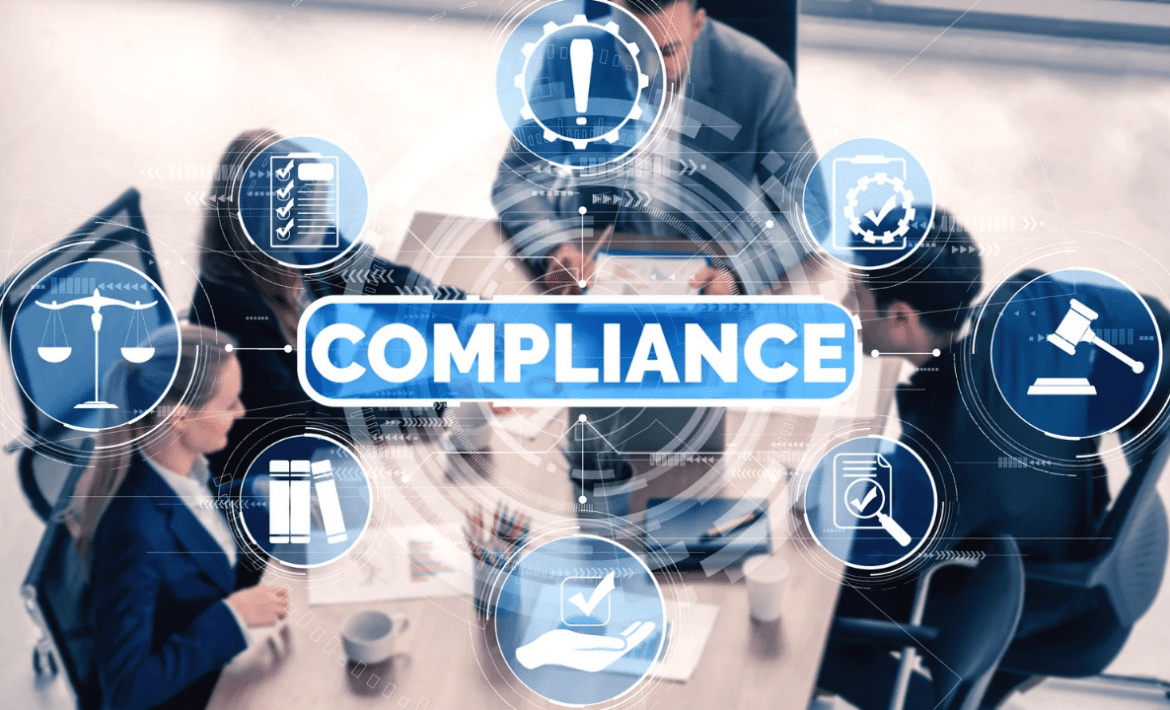Using AI in recruitment: Recommendations for business owners
The ICO has published recommendations for business owners on using AI in recruitment processes lawfully and ethically. Artificial intelligence (AI) is transforming recruitment by saving time and improving efficiency for businesses of various sizes and across industries. Businesses are using AI tools to source potential candidates, summarize CVs, as well as score applicants. However,















